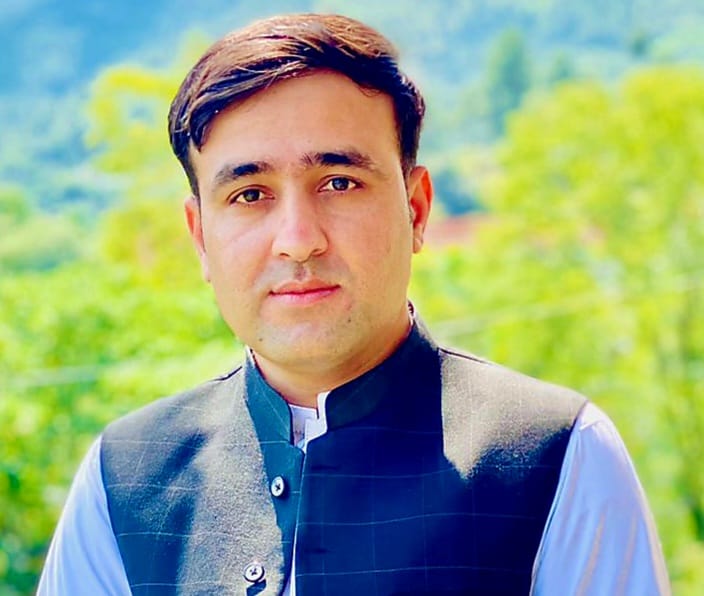
As a facilitator trainer from Lower Dir, I received training under the RPDC in Timergara city as part of the Continuing Professional Development (CPD) 2024 program. The cream and qualified teachers of Khyber Pakhtunkhwa, consisting of great minds and active individuals, was gathered by the Directorate of Professional Development for this CPD training. It provided me with a fruitful learning platform, allowing me to gain more knowledge through opportunities for interpersonal intelligence.
The next step was to transfer this knowledge to the teachers of my district, specifically the PST teachers of Lower Dir, Balambat circle, and Hayaserai, and to learn from their innovative ideas. Currently, I am conducting training at the most important and fundamental level of the education system—the primary school teachers. The primary level acts as the backbone for further academic, social, intellectual, moral, and optimistic development of students.
It is an honor for me to update and train these great minds who play such a critical role in shaping future generations. Every teacher must continuously update their skills and move forward with the flow of life. I would like to particularly acknowledge the best aspect of CPD in 2024. It not only focuses on professional development through modern teaching methods and strategies but also covers crucial topics such as environmental education and gender discrimination, which inspire me to write.
The Directorate of Professional Development took a great step by including these global and updated topics in the training sessions. Teachers can now effectively learn about and convey positive messages on environmental education and sustainability to their students. Our new generation will grow with strong foundations for the well-being of the Earth.
Moreover, CPD allows us to teach subjects like math, general science, English, and Urdu to primary school students using appropriate pedagogical skills. For example, in math, we can teach students how to calculate environmental impacts like plastic waste reduction; in science, we can explain topics such as renewable energy and recycling in a way that is understandable at their level. In English and Urdu, creative writing can be used to raise awareness about environmental issues. This pedagogical approach ensures that the lessons are adapted to the students’ age and comprehension, making learning both meaningful and engaging.
As teachers, there are many small but impactful steps we can take. Each teacher should be encouraged to choose what suits their situation and available resources. Whether it’s choosing cloth bags, reusable lunch boxes, and bottle covers, or giving plant trophies instead of plastic cups, these steps can contribute to the green transformation in Pakistan. As facilitators, we are given this platform to act as agents of change for the well-being of the Earth. It doesn’t matter how big or small the platform is; what matters is the desire to bring change and the passion for learning.
Another important point is self-awareness through understanding gender discrimination. Many of our teachers are unaware of their strengths and potential. CPD is playing a significant role in providing this awareness in a systematic and effective way.
Continuing Professional Development platforms encompass these important global topics and provide excellent opportunities to discuss, suggest, and take action for the betterment of both the Earth and the education system. This is my acknowledgment of CPD’s crucial role in promoting professional growth, environmental education, and gender awareness.

Leave a Reply